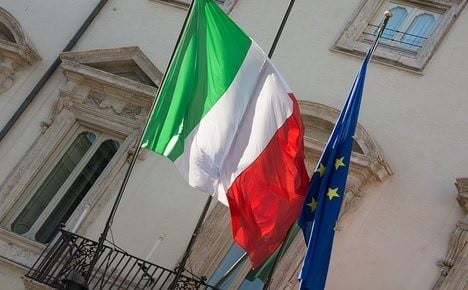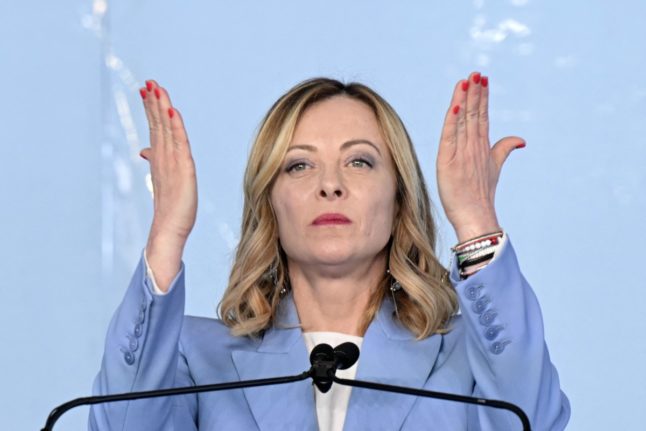Just 28 percent of all Italians would now vote to leave the EU, according to a survey by UK pollsters Ipsos, carried out on behalf of Corriere della Sera in the immediate aftermath of the Brexit vote.
Fourty-eight percent of the 1,000 people surveyed said they would definitely vote to remain in the event of an EU referendum in Italy, while 26 percent reported that they were either undecided or wouldn't vote.
The results provide a stark contrast to a separate Ipsos poll carried out earlier this year, in which almost half of all Italians said they wanted to leave the EU.
In the earlier poll, 58 percent of people also said they were in favour of Italy holding a referendum on its EU membership, but this figure fell to 44 percent following Britain's shock decision.
The results point to a softening of the euroskeptic attitudes which were on the rise in Italy in the build up to the referendum – perhaps brought on by the political and economic chaos the British vote triggered.
The Brexit vote has sent global financial markets into meltdown, caused the UK Prime Minister David Cameron to resign and exposed huge fractures in the British political landscape, which show no signs of being resolved anytime soon.
Yet in spite of the chaos in the UK, more than three quarters of all respondents were of the opinion the Brexit will not be felt too harshly in Italy.
An impressive 49 percent of all respondents said they thought the effects of the vote would be “negative but not dramatic”, while 39 percent of people felt “little or nothing” would change.
However, even though most people thought the effects would be minimal, only six percent of all respondents thought things would change for the better following a British exit.
Among the optimists are Italy's Prime Minister Matteo Renzi, who has spoken of hopes for the future, calling Brexit “a great opportunity” for the EU.
Speaking to reporters last week, Renzi said it could bring about “more growth and more investment, less austerity and less bureaucracy – things we have been proposing for the past two years”.



 Please whitelist us to continue reading.
Please whitelist us to continue reading.
Member comments